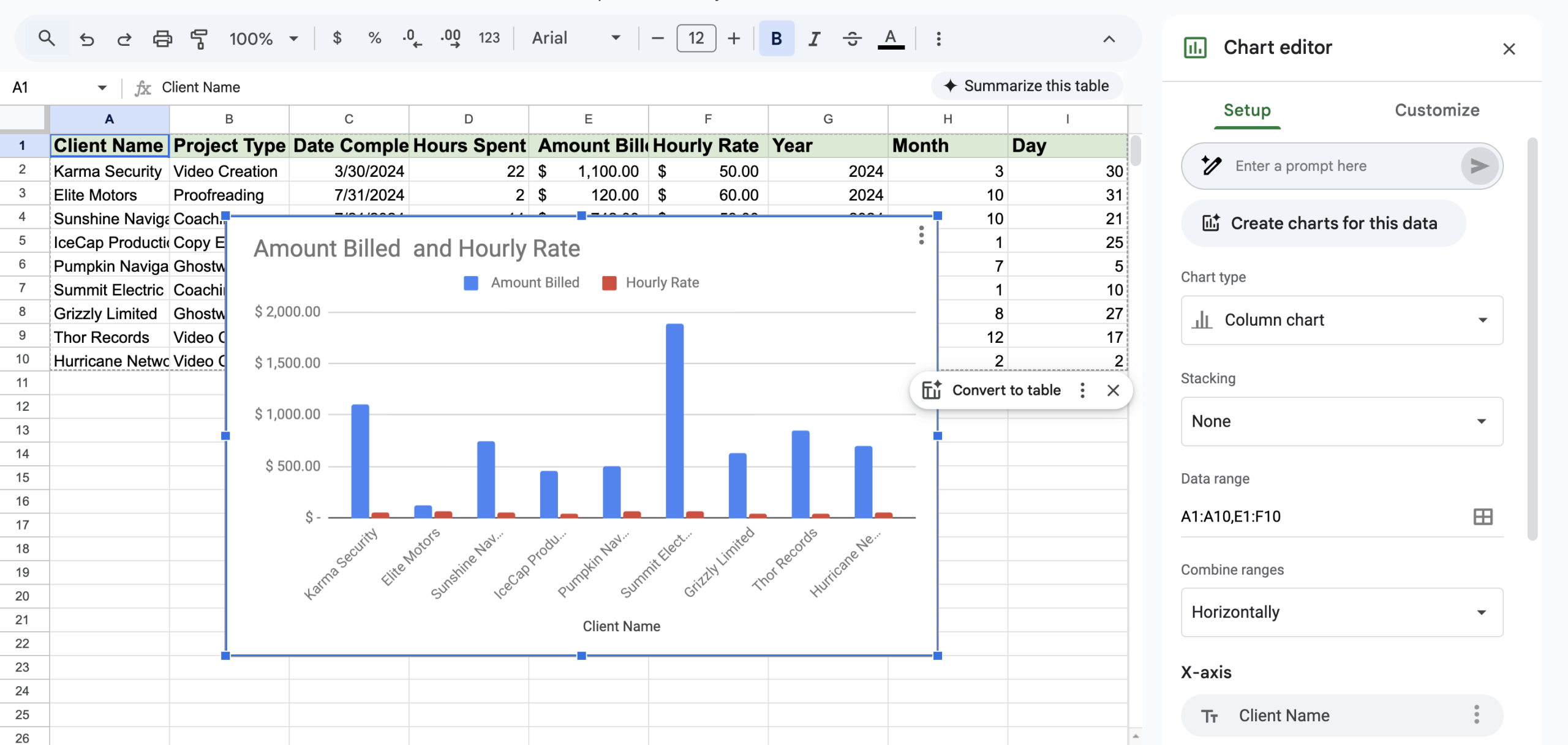AI 1:1 Alignment

AI is here to stay and has countless implementations. There are definite moral, legal and ethical implications with its use but the same goes with many tools.
Back in the 90’s we indexed resumes/CVs to search for candidates who had previously applied using a program called PageKeeper. It too had a web interface so you could “Google for resumes”. A bit later I wrote a program to collate the referees as an experiment.
The goal was to create a resume that I didn’t have. If “John Smith” appeared as a referee in ten resumes as “Accounts Payable”, “Bookkeeper”, “Assistant Accountant” then “Accountant” you could correlate that with the candidate’s dates of employment to build a rough career history.
We only had 250k resumes to work with and once you removed duplicates etc perhaps the sample size was far smaller. Basically the exercise was to see what patterns I could make in the data – that we legally owned – to produce a benefit or commercial edge. It was pointless except for the technical exercise.
Other implications could be that $n number of people had limited tenure in $x role at $y company; ergo $y company had a high turnover rate. It would be commercially unwise to place candidates in roles they hated.
The point is that people in business – start up, SME, Enterprise have always been tinkering with their data to see what value they could add to their services.
One the consumer level I despise advert tracking across platforms. As a hobby I write novels and I’m sure if the NSA is doing their job then I’m on a watch list somewhere for the research/searches I’ve done.
My personal view of AI is centered around a 1:1 alignment between the organisational goals (business, health care, community service, whatever) and the AI models that are trained and used. I lost my Monday to an AI product called Ollama on my laptop which is greatly underpowered for the task. [Using MySQL to store trained answers (facts) and a JSON file for context (recent queries) and wrapping it up in a chat like web service].
At this stage the use of personalised, private and discrete AI is limited to expensive hardware but with new devices becoming available this is becoming a reality:
https://www.nvidia.com/en-au/products/workstations/dgx-spark/
At $4k it competes with built PC’s currently with a price tag of $10-$15k. (It was my birthday recently if anyone is feeling generous 🙂 )
TL/DR – AI doesn’t have to be a mega-corp stealing global data (that already happened). It can be a specialised tool serving your needs.
Feel free to reach out with your questions & ideas:








Related Posts